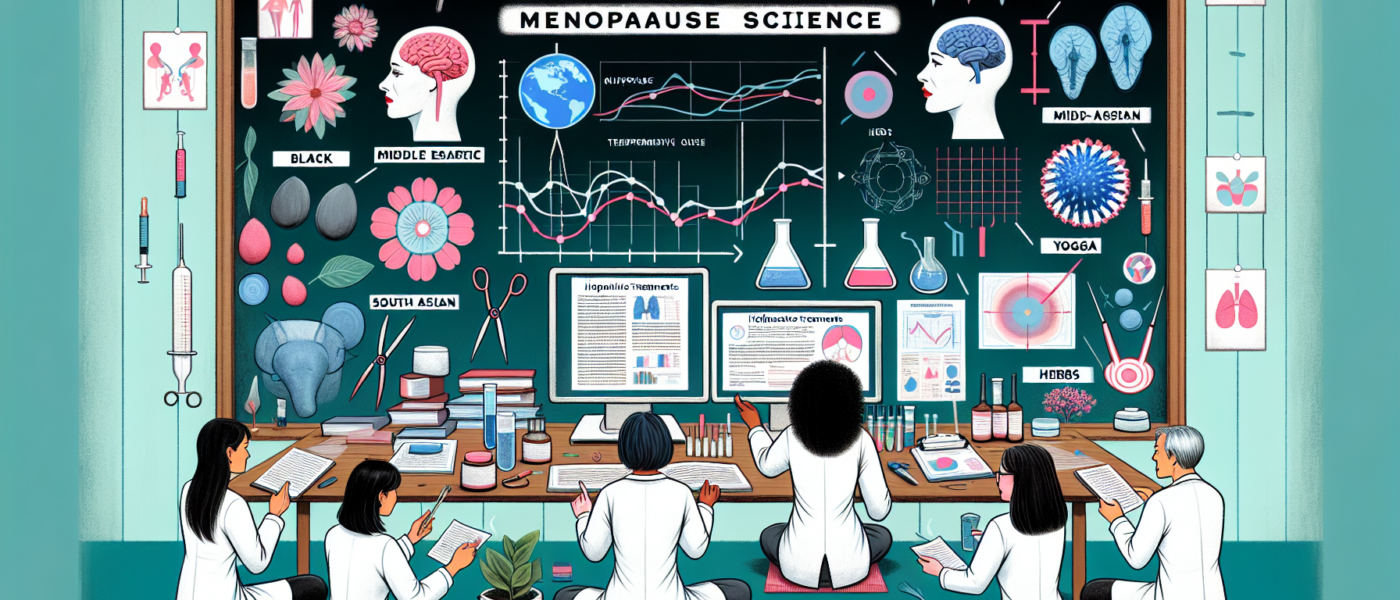Review of Menopause Science Stresses Research Gaps and Calls for Holistic Treatment Approaches
Comprehensive Review of Menopause Science Highlights Research Gaps and Advocates for Holistic Approaches
A new extensive review has been published, providing a thorough examination of menopause science over the past 70 years. The review consolidates findings from over 200 sources, offering a comprehensive understanding of menopause and its multifaceted impacts on women’s health. Despite the breadth of research, the review identifies substantial gaps in knowledge, particularly concerning the timeline and treatment of menopause. These unaddressed areas underscore the imperative need for continued and focused research.
Highlighting Research Gaps and Treatment Efficacy
The review makes it clear that while extensive studies on menopause exist, significant questions remain unanswered. Understanding the precise timeline of menopause and developing effective treatments are areas that require further investigation. The review also emphasizes that many current treatment options lack sufficient research and may have dubious efficacy or harmful side effects, pointing to a pressing need for more rigorous scientific scrutiny.
One of the essential discussions brought forth in the review is the new proposed definition of menopause, described as the final cessation of ovarian function, extending beyond the traditional association with menstruation. This conception aims to encompass the broader physiological changes women undergo during this transition. Furthermore, the review also stresses the concern of underresearched treatments and their potential impacts on women’s health.
The Case for Individualized and Holistic Treatment Approaches
The review strongly advocates for individualized and holistic treatment approaches that not only address menopausal symptoms but also consider systemic changes in women’s bodies. It acknowledges that menopausal symptoms can vastly differ in severity among women, ranging from mild discomfort to severe, debilitating conditions. This variability necessitates a more personalized approach in treating menopause rather than a one-size-fits-all method.
Equally important is the review’s call for a holistic health approach. The authors argue that menopause treatment should go beyond simply addressing physical symptoms; it should also consider mental health impacts and underlying health risks. They emphasize that tailoring treatments to an individual’s specific needs can optimize health at menopause and ensure healthier aging.
The review additionally sheds light on global health impacts, emphasizing the importance of studying menopause beyond high-income countries. It highlights how menopause affects women’s work and non-traditional career paths, indicating that more inclusive research could lead to more equitable health outcomes worldwide.
Finally, the authors conclude that optimizing health during menopause is crucial for ensuring a healthier later life for women. They advocate for effective, safe, and evidence-based treatments to mitigate the health risks that may increase with age. Their comprehensive review presents a compelling case for ongoing research and a more nuanced, individualized, and holistic approach to menopause treatment.
